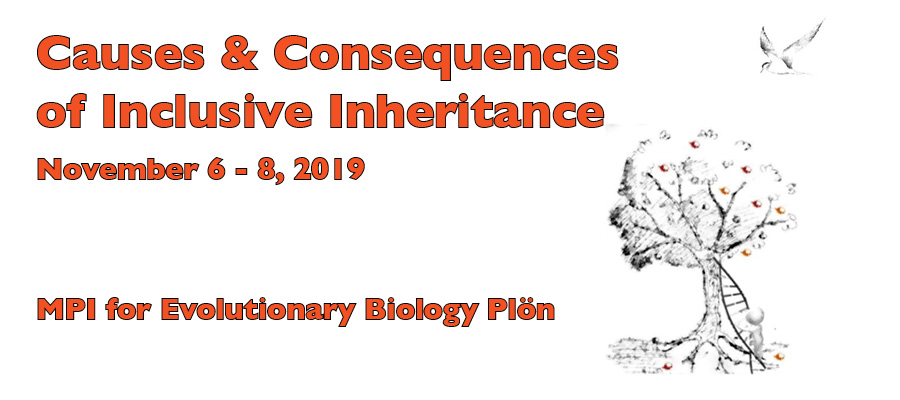Speaker
Description
The social environment can affect the phenotype of breeding females and can have transgenerational effects on the phenotypes of their future offspring. Using Japanese quail (Coturnix japonica), we studied maternal (P0) effects of the social environment on female offspring (F1) housed under matched and mismatched conditions with respect to group size (pairs of two vs. groups of four birds). The P0 and F1 social environments had an interactive effect on F1 female body mass, but not on other traits (circulating corticosterone and androgen levels or reproduction). Daughters of pair-housed P0 females became heaviest when housed in groups (mismatching conditions) themselves. Furthermore, there was a main effect of the F1 females own social environment on growth: F1 females housed in groups grew faster than F1 females housed in pairs, irrespective of the social environment of their P0 mothers. In addition to growing faster and ending up heavier than F1 pair-housed females, F1 group-housed females laid heavier eggs with a higher hatching success and produced heavier F2 offspring. Although the fitness consequences of these observed maternal effects still require further study in order to understand their adaptive significance and underlying physiological mechanisms, our results show that maternal effects can act in a context-dependent way. We emphasise the importance of taking such context-dependent maternal effects into account when investigating the potential adaptive benefits of transgenerational effects.

